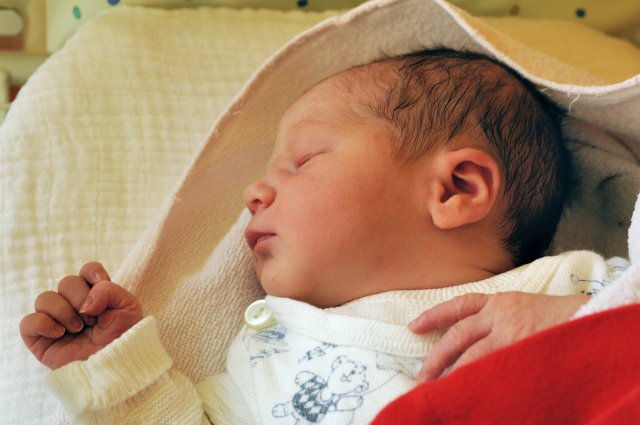Blog
-

Newborn genetic screening for hearing impairment; new study emphasizes and justifies genetic screening for mutations in infants.
 13 Sep , 2016
13 Sep , 2016
A recent paper published in Genetics in Medicine highlights the importance of genetic screening in newborns for hearing impairment. Dr. Chuan Jen Hsu and his team performed screening for mutations involved in deafness and correlated the results to long-term hearing loss.
Hearing impairment, also known as hearing loss, refers to partial or complete inability to hear. A variety of factors individually or in combination may account for hearing loss. Those factors include genetics, ageing, exposure to noise, some infections, birth complications, trauma to the ear, and some medications or toxic materials. If the loss is mild, the person has difficulty hearing faint or distant speech for example. A person with this degree of hearing impairment may use a hearing aid to enhance the sounds.Hearing loss can be mostly inherited. Approximately 75–80% of all these cases are inherited by recessive genes, 20–25% are by dominant genes, 1–2% are inherited by X-linked patterns, and less than 1% are inherited by mitochondrial inheritance.
The feasibility of genetic screening for deafness-causing mutations in newborns has already been reported in several studies. The aim of the present study was to examine the long-term results in those who screened positive for deafness mutations; these results are crucial to examine the cost-effectiveness to justify “population-wide” genetic screening.The researchers carried out hearing screening along with genetic screening by focusing on four common deafness mutations in 5173 newborns at a tertiary hospital between the years of 2009 and 2015. Sequential audiometric results up to 6 years old were then examined in children with conclusive genotypes.Newborn genetic screening resulted in the identification of 82 (1.6%) babies with conclusive genotypes, comprising 62 with GJB2, 16 with GJB2 mutations, and 4 with m.1555A>G mutations. (Of these, 46 cleared hearing screening at birth). Long-term follow-up proved the progressive hearing loss in children with the GJB2 genotypes; the hearing loss declined by approximately 1 decibel hearing level (dBHL) per year.The researchers outlined the longitudinal auditory features of the highly predominant GJB2 mutation on a general population basis and this established the usefulness of newborn genetic screening in finding newborns with late-onset or advanced impairment of hearing, which is undetectable by newborn hearing screening.These findings help to inform future newborn screening policy and provide insights into risk assessment and genetic counseling for both the physicians and the parents of babies who screen positive for deafness mutations, concluded the researchers.Source: Biotechin asiaImage credit: Wikimedia commons





























































































































































































































































































































































































































































































































































































